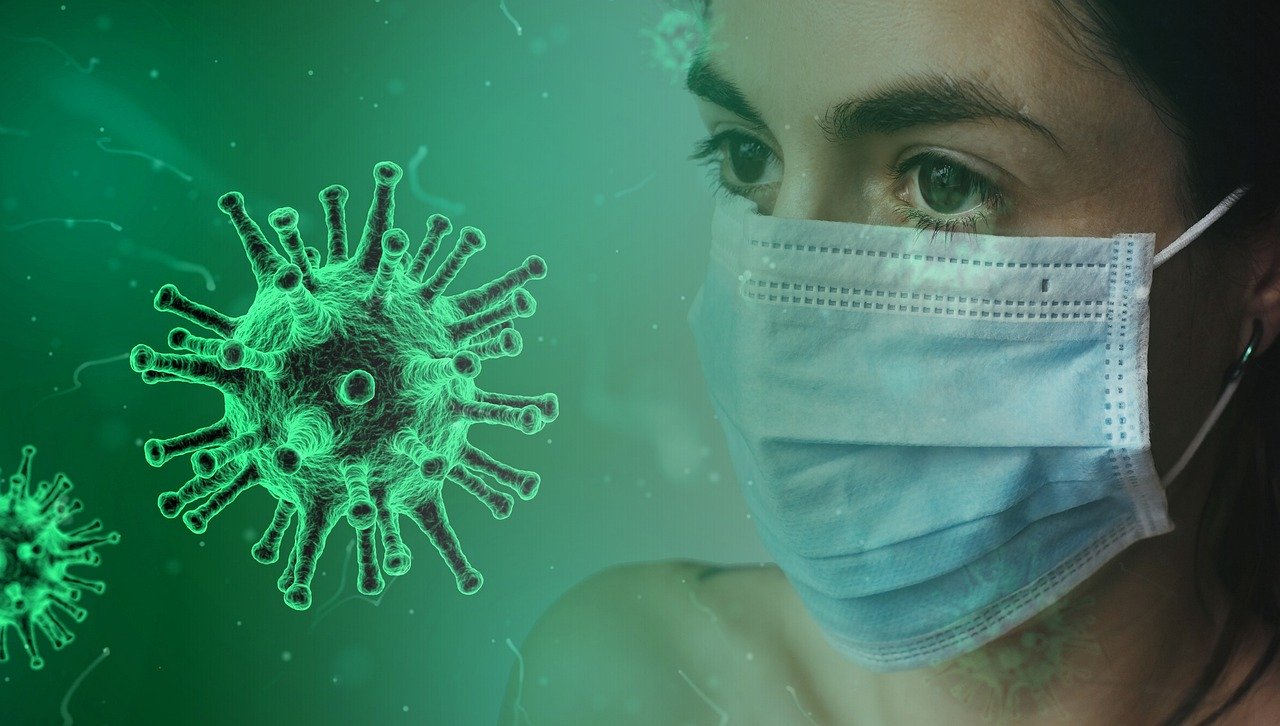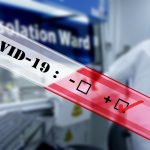The long-awaited telehealth item number is part of a considered plan covering all aspects of the health system response to the COVID-19 threat
A Medicare item number for COVID-19 telephone consultations will be available from Friday, as part of a $2.4 billion federal funding package to get the health system through the anticipated strain of the next few months.
The package announced this morning also includes 100 dedicated clinics, additional aged care workforce funding, hospitals, expanding testing capacity, upgrading phone hotlines, providing medicines to those isolated at home, and support for vulnerable populations.
The funding will be demand-driven and uncapped, Prime Minster Scott Morrison told a media conference in Canberra.
Mr Morrison also announced that the travel ban on China, Iran and South Korea had been extended to Italy, which now has over 10,000 cases and 600 deaths and has put its citizens in lockdown.
Patients eligible for the Medicare item are those in isolation on medical advice or in quarantine, and those without COVID-19 but who are otherwise vulnerable: people over 70, pregnant women, people with chronic conditions, parents of new babies and Indigenous people over 50.
Health Minister Greg Hunt said the inclusion of those vulnerable groups had come out of roundtable discussions with the medical community last week.
RACGP president Dr Harry Nespolon welcomed the announcement: “As a college we’ve been calling for these things for three or four weeks now and finally we’ve got a response – better late than never,” he told TMR.
A patient must either ring the HealthDirect hotline (1800 020 080) and go through the triage algorithm and then call their practice, or go through the same algorithm with the practice, which they need to have contacted once before in the previous 12 months.
Dr Nespolon said these restrictions seemed bureaucratic and unnecessary – “We would rather it be as liberal as possible” – but overall the package was well thought out and in some ways better than anticipated.
“We do welcome the telephone item number. The other side, which is a little unexpected, is that the over-70s, pregnant women and so on can have their non-coronavirus matters seen to over the phone.
“That’s a sensible measure. It’s a good idea that people who are particularly at risk from the consequences of the virus are the ones who can access those services without having to go to a practice.”
The Health Department will also commission doctors, nurses and mental health practitioners to consult via videoconferencing through a variety of widely available apps.
Dr Nespolon said the telephone was all the technology required to screen for the infection and videoconferencing would add nothing but difficulty, especially for older patients.
Funding of $100 million has been set aside for the Medicare item, part of a $615 million package for primary care, which will be available initially for six months.
Chief Medical Officer Brendan Murphy told the media conference Australia was “still in containment mode”, and repeated his call for people only to seek testing if they had returned from overseas and had severe respiratory symptoms, or were contacts of known cases. He was awaiting advice on whether to relax those criteria for healthcare workers.
He said the system currently had the capacity to handle testing for everyone in those categories, but that capacity was being expanded.
An uncapped $200 million is being allocated for 100 “pop-up” respiratory clinics in addition to existing services, some of which have already being created on hospital sites.
“General practices may choose to become dedicated respiratory clinics, and in that case there will be very significant funding,” Mr Hunt said.
Practices would also receive funding if they set up drive-through facilities on their premises while carrying on their normal work, like “the innovative Dr Mukesh Haikerwal”.
“We’re also creating a new Medicare pathology test, that’s a specific test for coronavirus being delivered in conjunction with the flu test … to enable individuals to be tested on medical advice and for testing in aged care homes,” Mr Hunt said.
Another $100 million will be set aside for additional aged care workforce needs.
Research into vaccines, antivirals and immunotherapy will receive $30 million.
And a billion dollars will go to other “national support”, including the National Medical Stockpile, the National Incident Room, modelling, workforce and communications.





